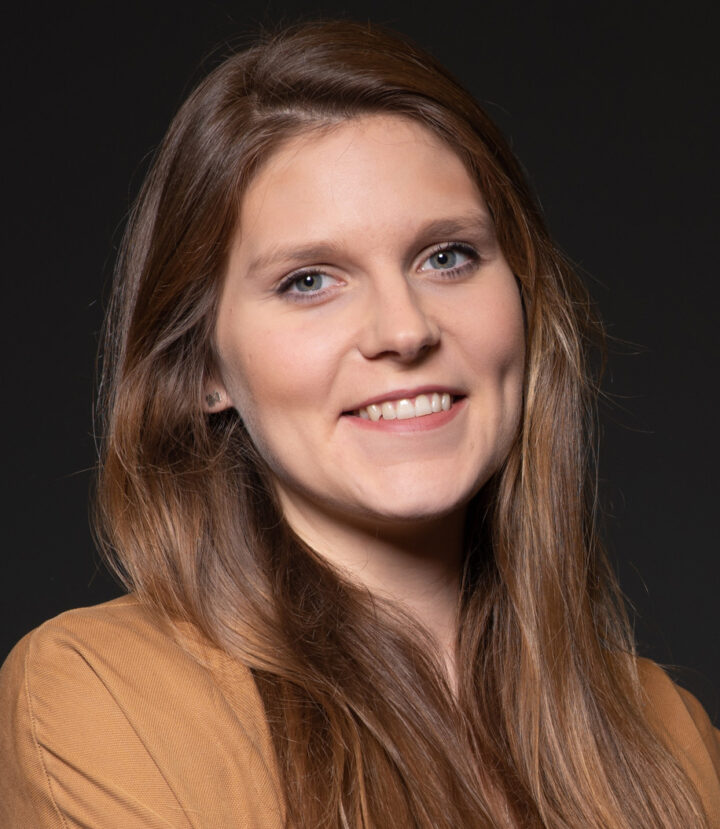
Interview with Marina Bonomi, CEO of Mimesi, a media monitoring and intelligence company based in Milan, Italy
Hi, Marina. What is your background and what does your role at Mimesi include?
I’m the CEO and shareholder of Mimesi, a media monitoring and intelligence company based in Italy. My role is in running the company in all aspects and shaping the company’s strategy for future growth via a planned business strategy. Within my remit is a particular focus on copyright issues and relationships with publishers.
All of my previous positions and interests have been based in the digital industry. I graduated with a degree in computer science from the University of Milan and have been an Associate Professor of Digital Marketing at the same institution and the CMO VAS at Vodaphone Italy among other roles.
What is Mimesi’s core service offering and what is the company’s differentiator?
Mimesi monitors print, web, social media, radio and TV, and it offers accurate analysis of clients’ media presence and its reputation.
It was founded in 2001 and stood out in the Italian market as it was the only operator offering a media monitoring service entirely based on the digitalization of articles.
The company has introduced various innovative technologies into the Italian market. We have launched website monitoring, introduced a mobile app for the consultation and management of online revenues, created our own Mimesi360 platform for cross-media analysis of company reputations, and more.
What are the challenges Mimesi must overcome to provide sound media intelligence to clients and develop its value proposition?
The Italian scenario is changing rapidly. For example, new regulations on copyright will modify the rules of our market. As a company, we have to show that we are ready to keep offering relevant services to our clients. We believe that although print will remain significant, it will decrease in importance, so our value proposition will have to be more ‘media integration’ based. We will become more focused on media integration with a platform that is able to provide content in the correct manner, giving the proper value to the distinctive features of every media.
How has the arrival of COVID-19 forced Mimesi to adapt, and what are the long-term changes the pandemic will make to the media intelligence industry?
Mimesi has three operational offices on the Italian territory; Milan, Parma and Forli, all areas severely affected by the pandemic. As soon as we understood that there would be restrictions on work and travel we urgently set to work to organize smart working for the entire company.
Our activities concern the daily monitoring of almost 2000 media organizations and as many web sources, plus dozens of television stations. This required sophisticated software and dedicated hardware. We supplied all the necessary hardware to our staff for remote working.
We established two priorities: our employees’ health and the business’ continuity, which have driven our approach during lockdown. Mimesi has efficiently maintained services, commercial and marketing activities. We have provided our media monitoring services without severe activity reduction
I believe that Italy, like other countries, will face economic difficulties, following the pandemic. MMOs will be impacted. Today more than ever it is important we stay in contact with our customers to understand their changing needs and adapt to the new scenario.
What part of your platform has the greatest potential but have yet to be fully embraced by your clients yet?
We think that our social media service has still untapped potential for growth, considering the high usage of social media in Italy. For example, Italians use social media for an average of two hours a day and one out of three Italians has at least seven social media profiles.
We think this because there are few Italian companies that use social media as part of their marketing strategies. More than 80% of companies have at least one social media account but their use is still superficial and sporadic. Less than half of the companies in the study say they use Facebook with a strategic, coordinated and continual approach.
Are there any emerging trends in media intelligence being driven by customer demand?
Research we published in April showed that over 14 million conversations have been generated globally using the hashtag #covid19. Of these, almost 300 thousand happened in Italy alone. Freedom and simplicity in the use of social media have allowed for the creation of huge sheer amounts of indiscriminate, uncontrolled information.
During the first phase of lockdown in Italy, communication from institutions was extremely fragmented and companies were looking for information to understand how to behave and what kind of procedures to apply.
We intercepted this need with a specific monitoring service, which allowed our clients to understand what measures other companies in the same sector were taking, which sectors were most affected, what were the measures put in place by the government to help companies and how customers were reacting on social media channels.
How do you think the media intelligence industry will change in the next 5 years, and what are the greatest challenges ahead?
We need to be ever more relevant – constantly developing new ideas and adopting technologies to keep our platform evolving. The platform, now an information service in use by the communication or marketing department, must become a support base for our business decisions.
Enriching the knowledge base and extrapolating value from the multitude of data present on all media is our present and future goal.
By Peter Appleby


